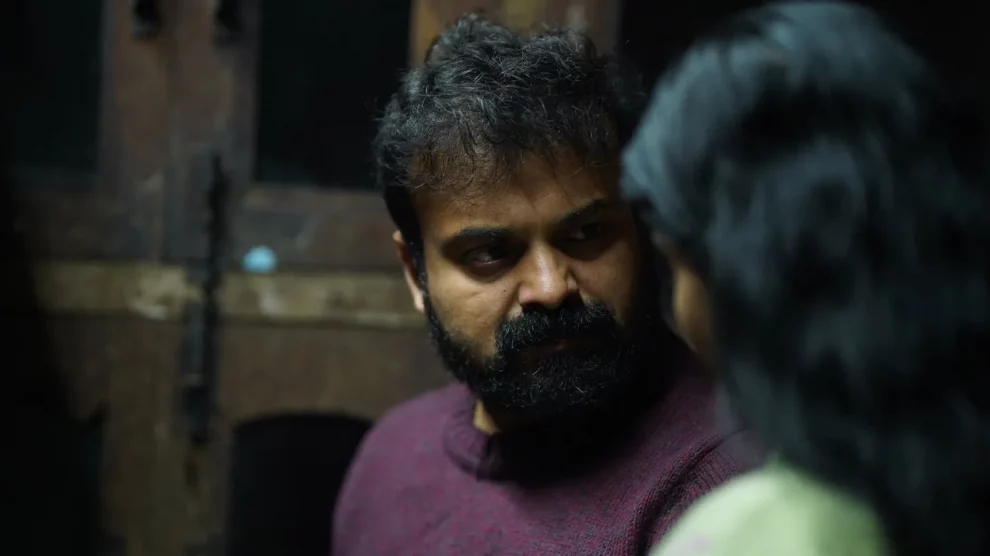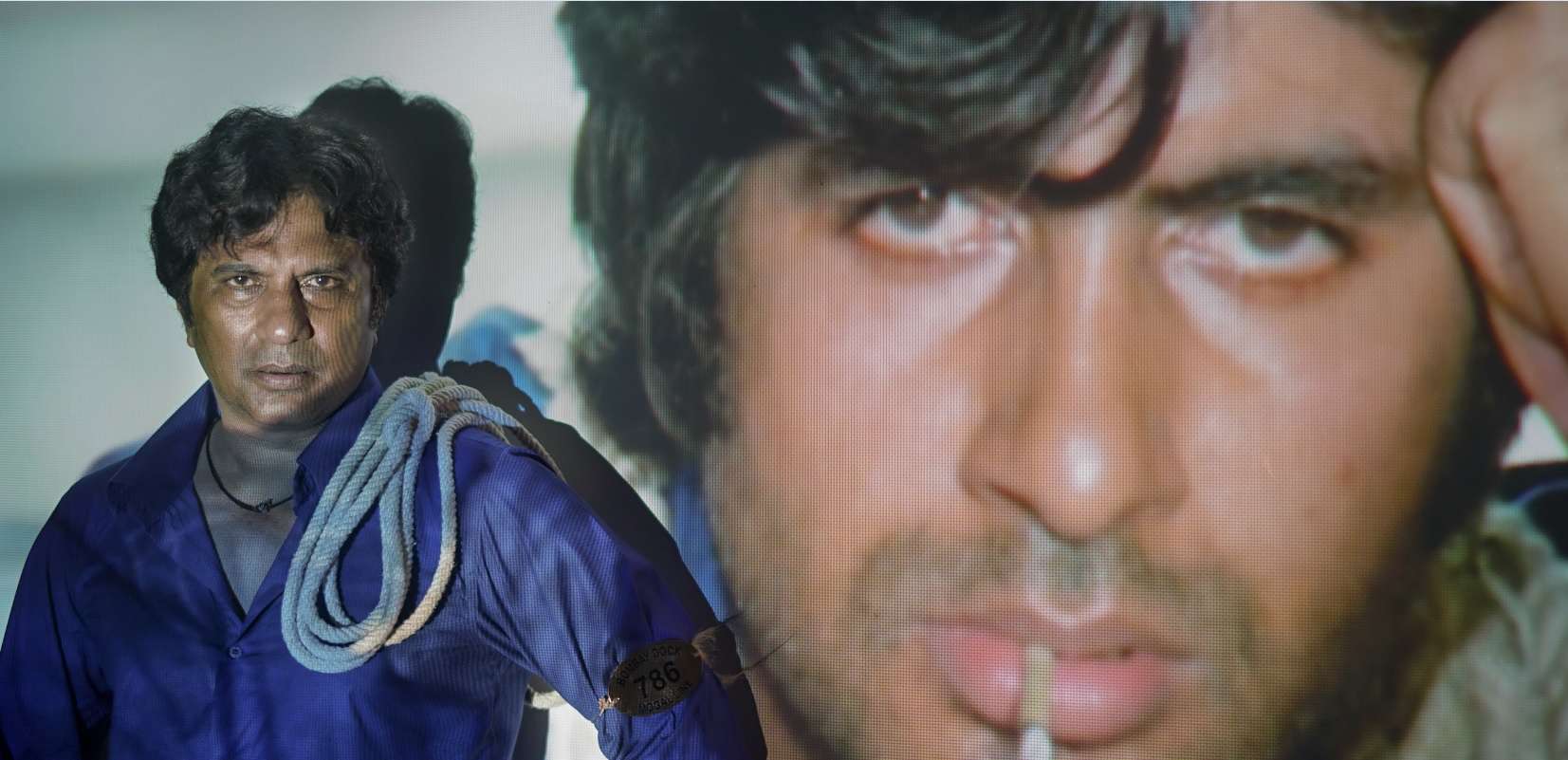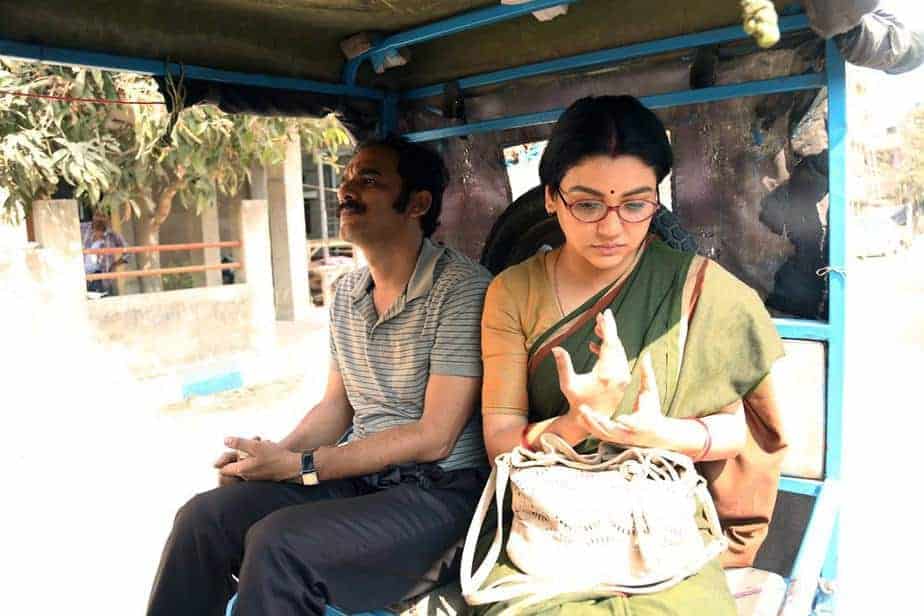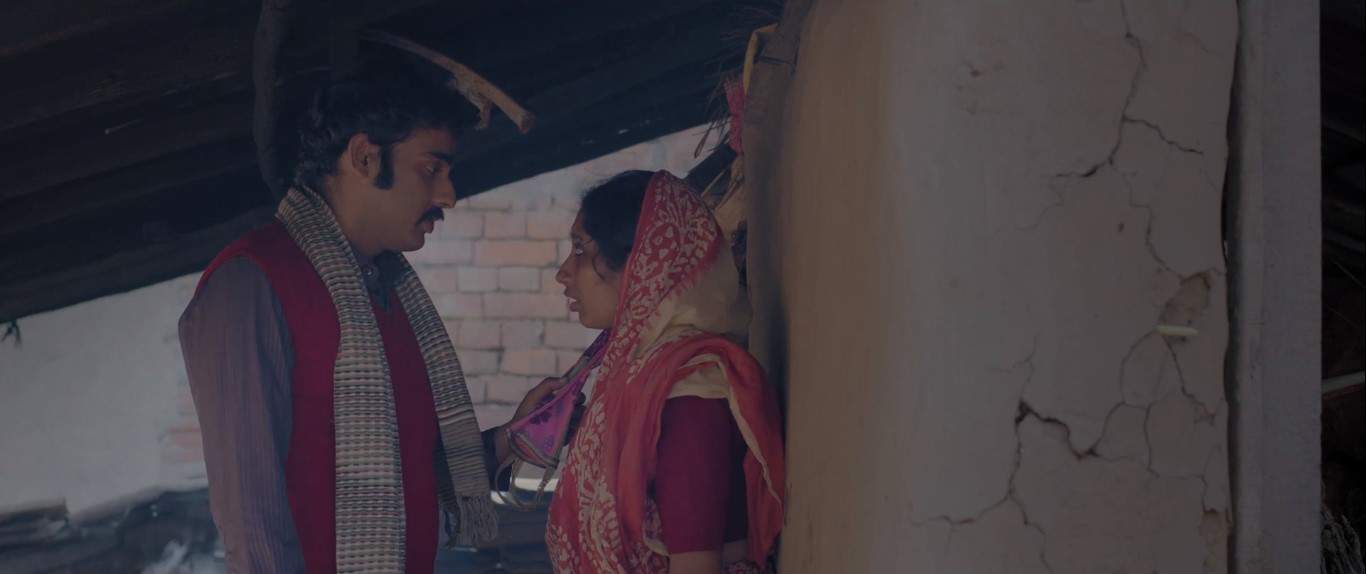The very first images of COVID-19 that India associates itself with are not ventilators or medical professionals running around hospitals, but of migrant laborers trudging back to their villages hundreds of miles away with their belongings. Afterall, a lion's share of households in the country rely on income from self-employment or precarious jobs without recourse to rights, stipulated by labor law and regulation. The pandemic led to a very deep impact on the uneven distribution of healthcare material and services across the country, leading to an unmatched shortage of supplies. This eventually led to hoarding across the states, and increased prices of the supplies with black marketing of such utilities. Millions of lives were thus, forever impacted.
“Declaration“ is screening at San Diego Asian Film Festival
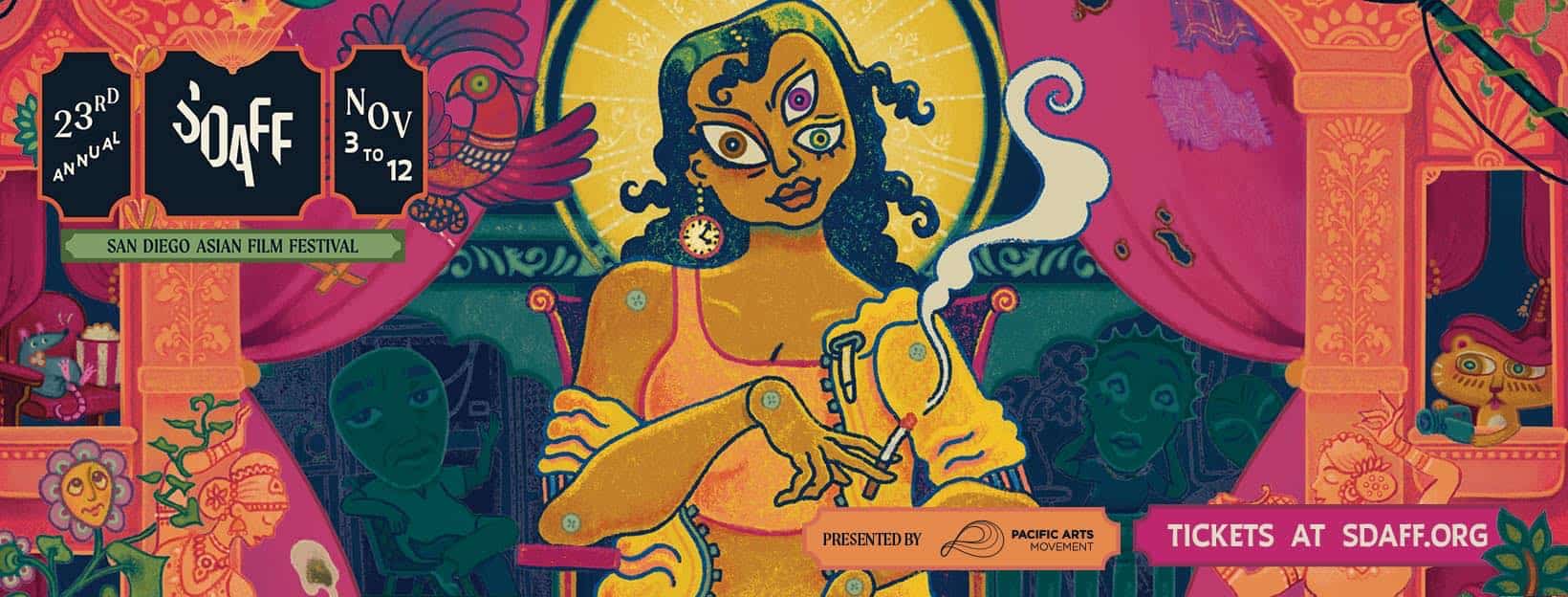
After making his debut-feature with the 2017 survival thriller “Take Off”, filmmaker Mahesh Narayanan in 2020 brought us a story through the screens (everything from mobiles to laptops to CCTV visuals) that moved at a frenetic pace. That was an experimental film shot on iPhones during the lockdown period, which successfully raised questions about surveillance and snooping.
This year, the director pushes the limitations set by the pandemic to his strengths yet again with “Declaration” (Ariyippu). The new-age feminist drama, after running for the Pardo D'Oro award in Locarno Film Festival's international competition earlier this year, also premiered at the Busan International Film Festival in mid-October. The movie follows the story of a married couple- Hareesh (Boban) and Reshmi (Divya Prabha)- from Kerala, working in a medical gloves factory in Uttar Pradesh's Noida (a city just on the outskirts of the nation's capital). Through tactful dialogue, we soon learn that the two aspire to settle abroad to live a better life. But in the midst of the COVID-19 lockdown, when an old video resurfaces among the factory workers, it leads to a cascade of events that threaten the couple's jobs and marriage.
The backdrop of the film forms an important narrative device; the greys and browns of the factory interior don't just represent the gloomy working space for the couple, but by setting it all in the lockdown, add a greater subtext to how the couple feels, imposed by the same interior. Not everyone in the factory wears masks, which is indicative of their very own status. While the officials at the higher posts are often seen with face masks hanging over their chins, the workers all follow the protocols, not because they necessarily have to, but because they cannot afford the consequences of not wearing one. Narayan doesn't have to be didactic of the themes he wants to put out; the filmmaker puts out timely themes on screen with an aplomb command by making the most use of the film's documentary-like approach and clever use of diegetic sound. There is a sense of peeking into a blue-collar worker's life, as we watch how the lockdown affected it, and how it all went unheard. But the director keeps you far from the action; you curiously wait for where the mystery leads you, but always feel distanced, analytically observing the events without being emotionally attached to them until it's too late.

Kunchacko Boban, who also produced the film, as Hareesh shows an extreme range as he embodies the tsunami of second hand humiliation he goes through amidst the rumor of his wife being involved in fellatio with another man from the factory. This humiliation is more of something he takes upon himself, rather than people around him giving it to him. However, the same is not true for Reshmi, and that's where the screenplay's deeply underlying feminist angle comes in. Divya Prabha as the woman at the center of the jigsaw gives fuel to the film's central and moral dilemma, carrying much of the dramatic tension over her shoulders, without ever going overboard. The character isn't just important thematically given what she stands for, but also for what she represents; the movie makes you empathize with another woman who we never see, through the mutual yet unspoken sympathy that Reshmi shares with her. It comes across as a stark reminder of how women are generally treated in the workspaces, especially in the backdrop of the region the film is set around in. There's a familiar yet deeply effective sense of physicality the actors carry. For instance, notice how in a scene Reshmi moves to the side of the car backseat out of shame after she notices the driver looking at her through the rear view mirror.
Just a few films into his directing venture, Narayan seems to have developed a pluralistic perspective of depicting the underlying injustices happening to the people from the ones of their own country. So much of his filmmaking style seems to be inspired here from Asghar Farhadi, but Narayan retains the Indian touch by rooting his characters well. You know beyond the frame lies a real world, showing you just an insight into one of the most turbulent times in modern Indian history that saw apathy from the establishment.
The world of “Declaration” is populated by real people, each trying to live a decent life. The general lack of score immerses you into the realist setting, eventually reminding you that there's no good deed that goes unpunished in a system that has all its odds stacked against you. The desires of the central couple wanting to settle abroad naturally adds a sense of urgency to the screenplay. But there are ambivalent decisions to be made by them to reach those desires of wanting to settle abroad for a secured future. Is the cost always worth it? While exploring that question, “Declaration” leaves you with a more bitter taste by the end- it reminds you of the fact that COVID never sowed the seeds for intolerance and abuse in the country. It merely acted as a catalyst, bringing its uglier sides somewhat out in the public, but not entirely. Because after all, these are not the sort of things ideal for a declaration.


